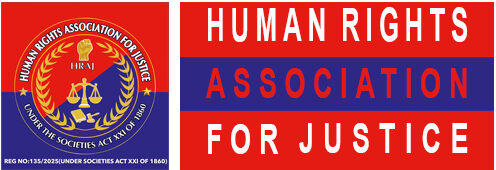Policy and Legislative Support
Introduction
Effective laws and policies are the backbone of a society that respects and protects human rights. Policy and legislative support involves helping governments, institutions, and civil society develop, implement, and reform legal systems in line with international human rights standards.
🔹 What Is Policy and Legislative Support?
This service includes:
-
Drafting or reviewing human rights-related laws
-
Advising policymakers on legal reform
-
Providing research, training, and technical guidance
-
Ensuring compliance with international human rights treaties
🔹 Key Areas of Focus
-
Constitutional and Legal Reform
-
Incorporating human rights into national constitutions
-
Abolishing discriminatory laws (e.g., anti-LGBTQ+ or child marriage laws)
-
-
Access to Justice
-
Ensuring legal protections for marginalized communities
-
Supporting fair trial and due process laws
-
-
Gender Equality and Non-Discrimination
-
Promoting gender-sensitive policies
-
Reforming laws that perpetuate inequality
-
-
Labor and Economic Rights
-
Creating protections for workers and vulnerable populations
-
Supporting social protection policies (healthcare, education)
-
-
Digital and Environmental Rights
-
Addressing rights in the digital age (privacy, access)
-
Supporting environmental justice through rights-based policies
-
🔹 How It Works
-
Research & Assessment: Analyzing existing legal frameworks
-
Stakeholder Consultation: Working with government, NGOs, and citizens
-
Drafting and Reform: Creating or amending legislation
-
Capacity Building: Training lawmakers, civil servants, and legal professionals
-
Monitoring Implementation: Ensuring laws are enforced fairly
🔹 Who Provides This Support?
-
UN Agencies (UNDP, OHCHR, UN Women)
-
Legal and Constitutional Experts
-
Regional human rights bodies (EU, AU, OAS)
-
Human rights NGOs (e.g., International Commission of Jurists)
-
Academic and policy think tanks
🔹 Case Studies (Examples)
-
Tunisia – Post-Arab Spring constitutional reform with civil society support
-
India – Decriminalization of homosexuality via litigation and advocacy
-
Kenya – Legal reform to support land rights and indigenous communities
🔹 Why It Matters
-
Strong policies help prevent human rights abuses before they occur
-
Legal reform can dismantle systemic injustice and discrimination
-
Rights-based laws promote equality, democracy, and social justice
🔹 How to Get Involved
-
Advocate for rights-based policy in your local area
-
Support law reform initiatives through petitions and campaigns
-
Join policy research, analysis, or legal clinics
-
Engage in public consultations or legislative hearings
